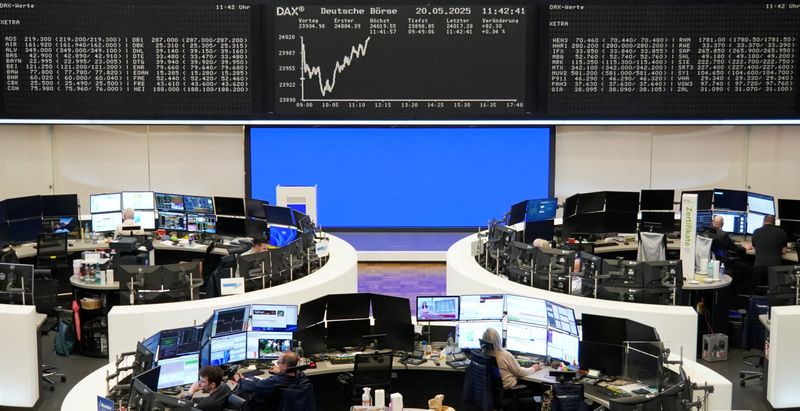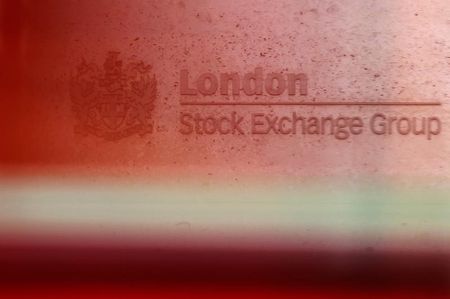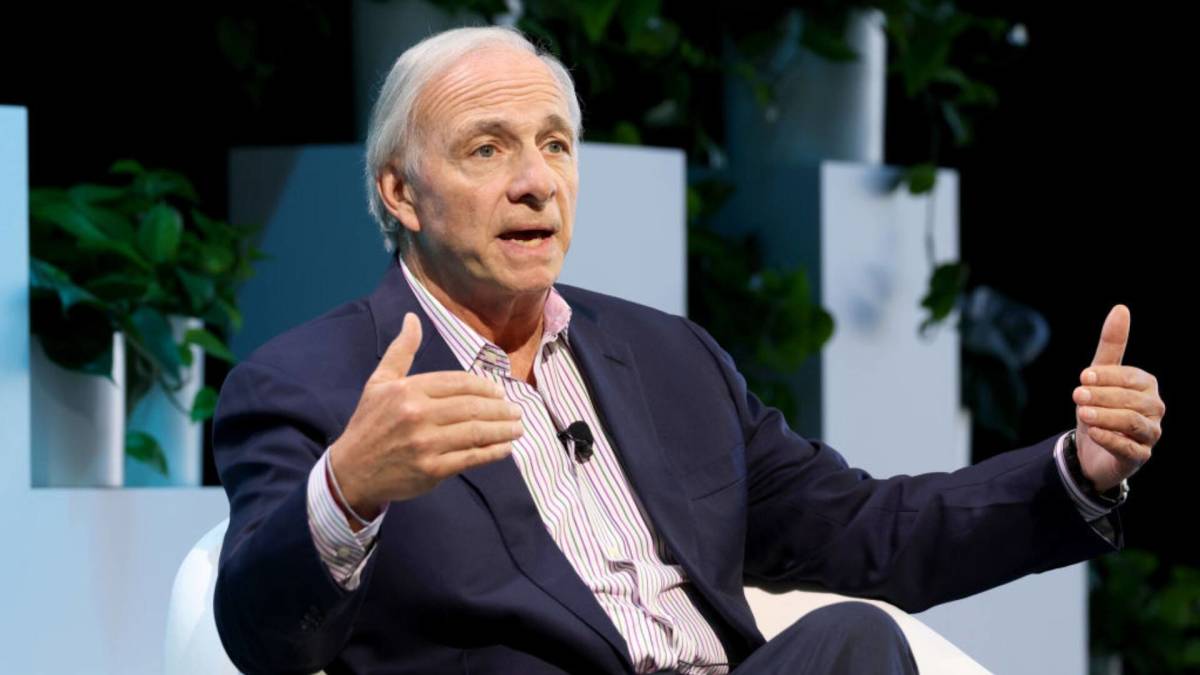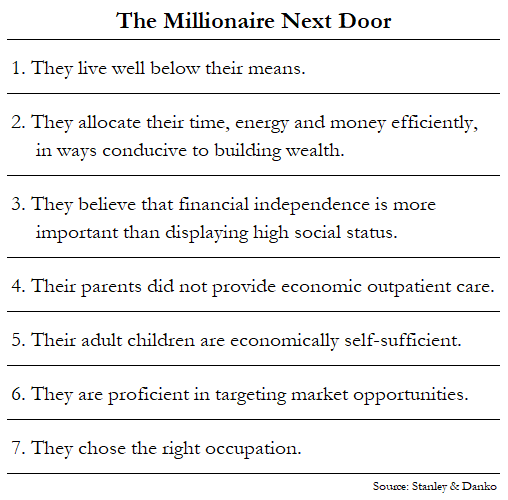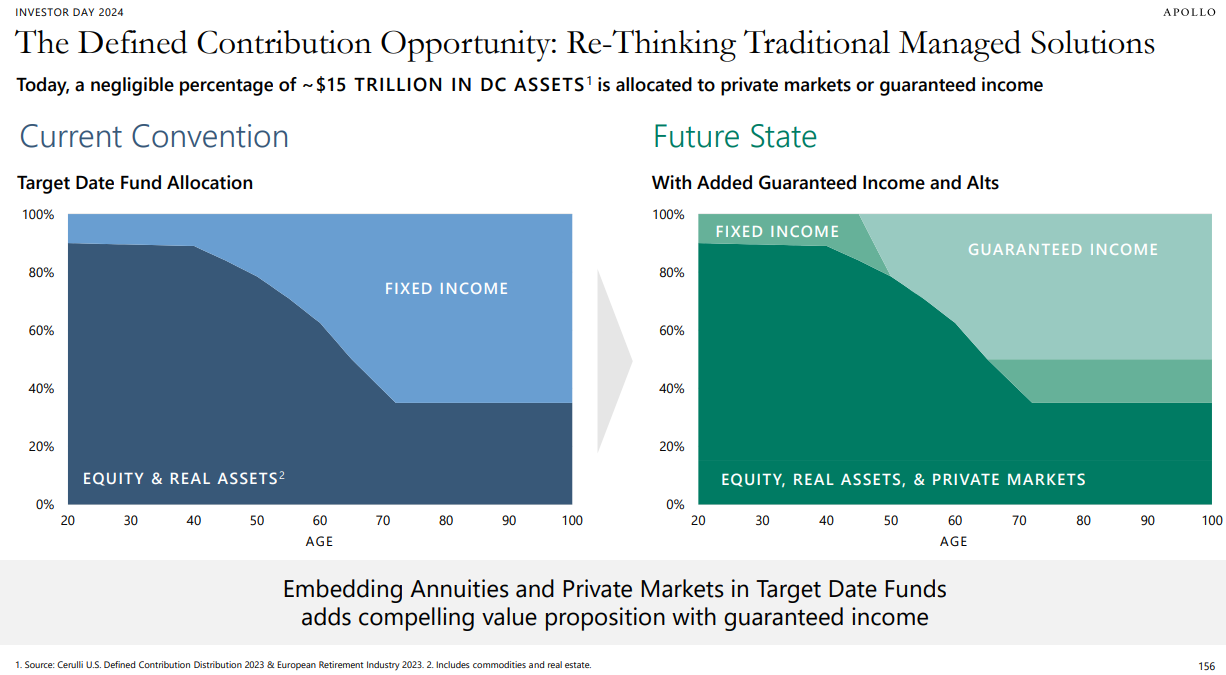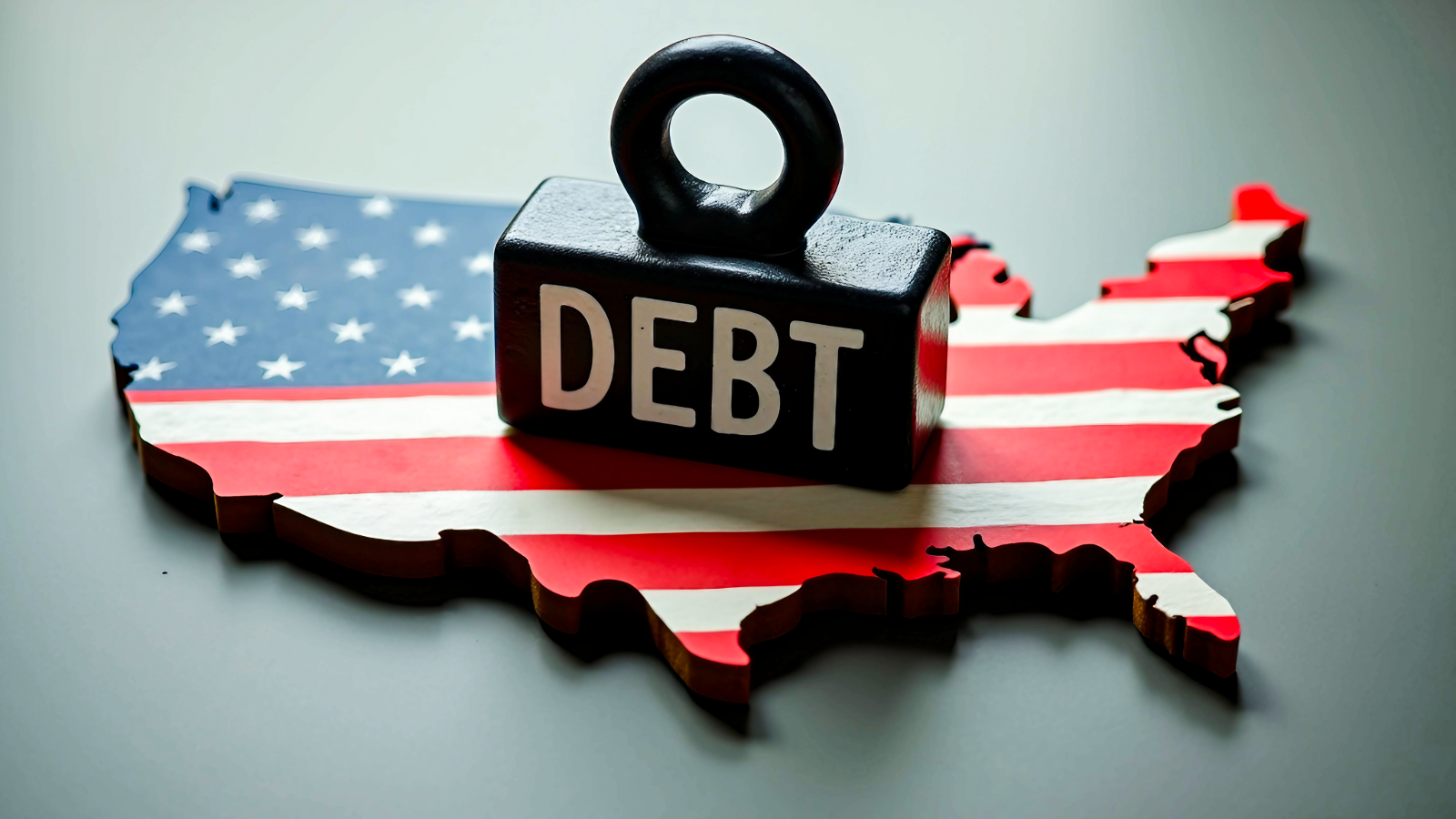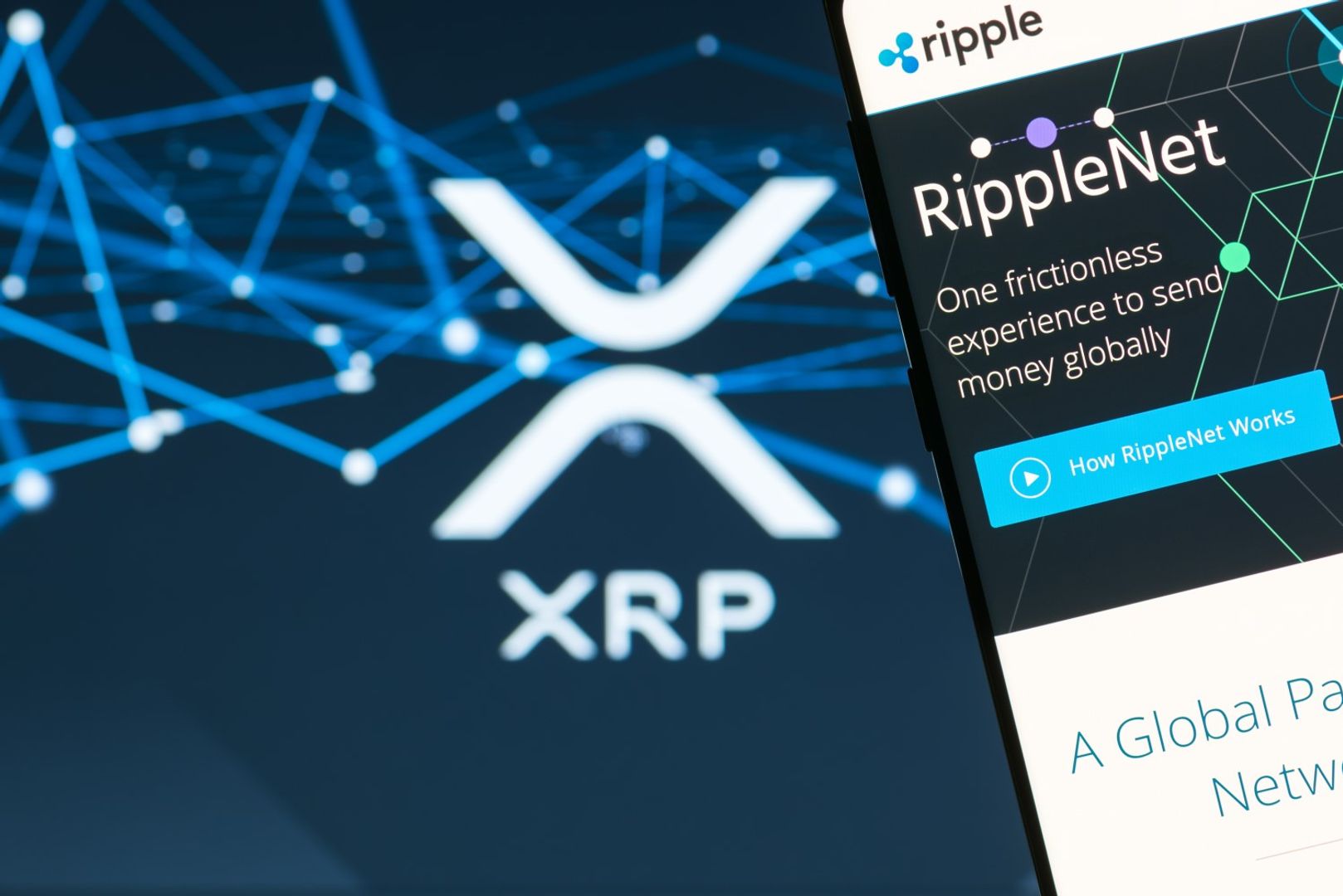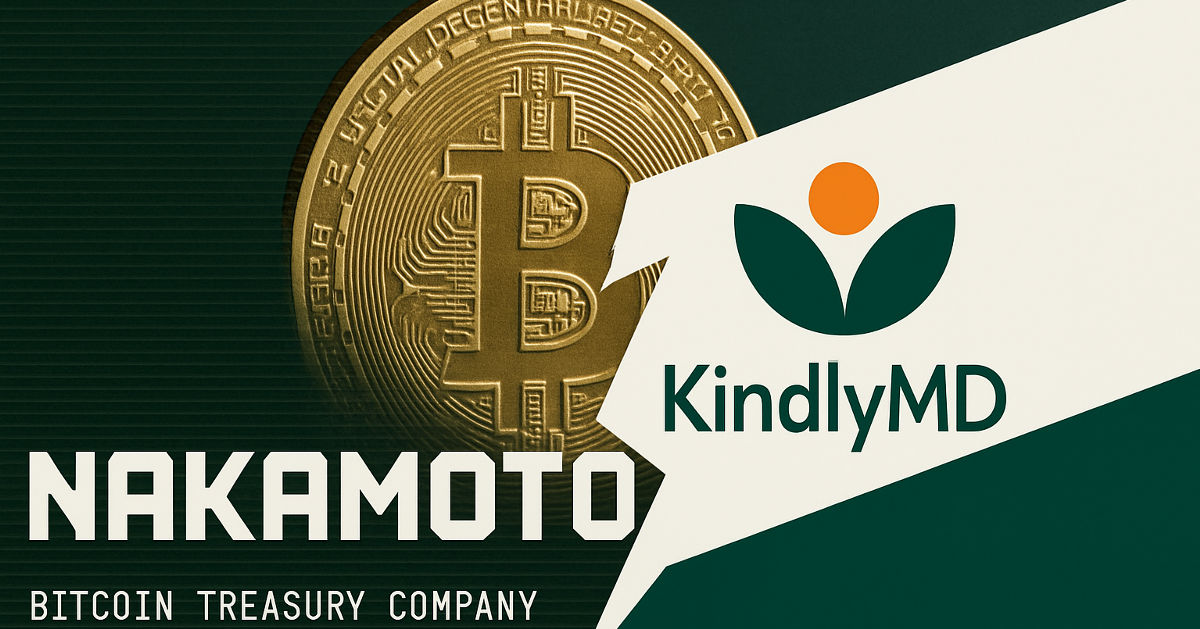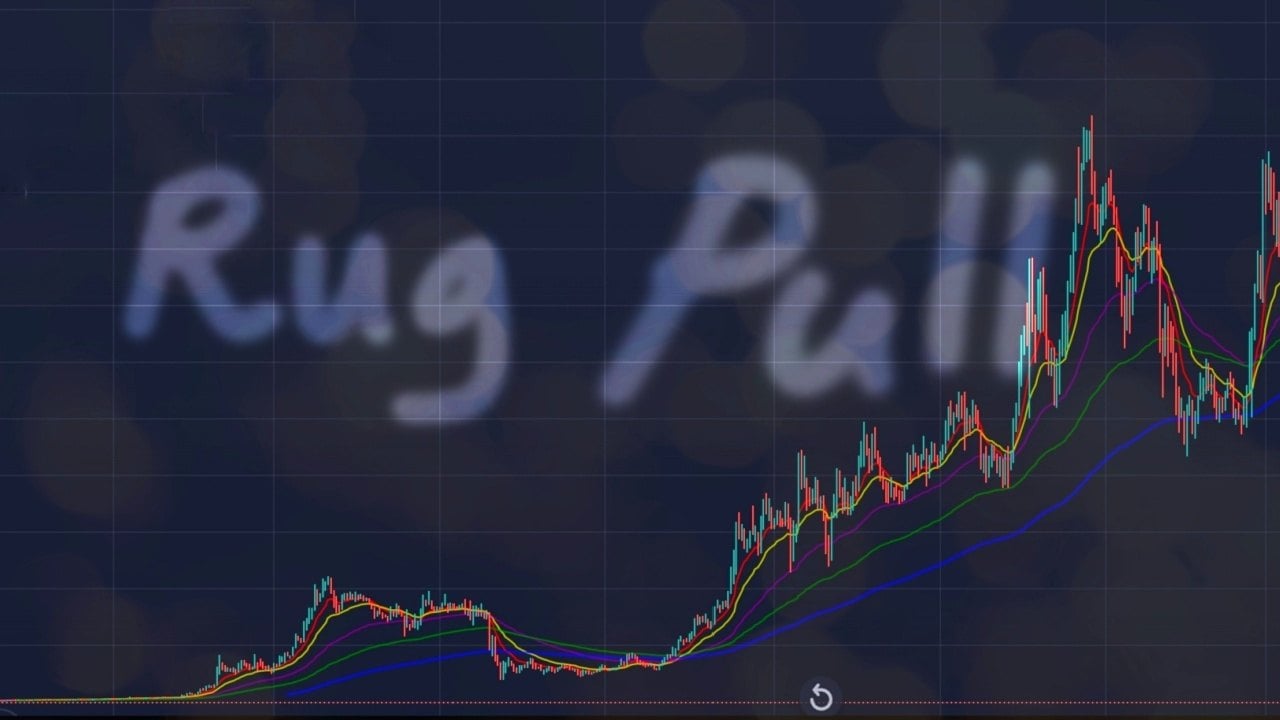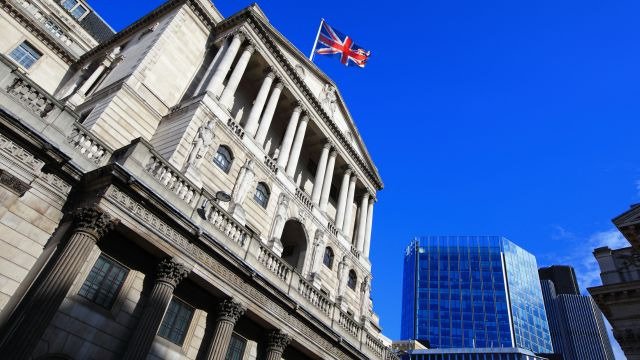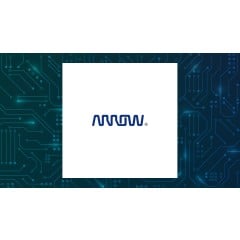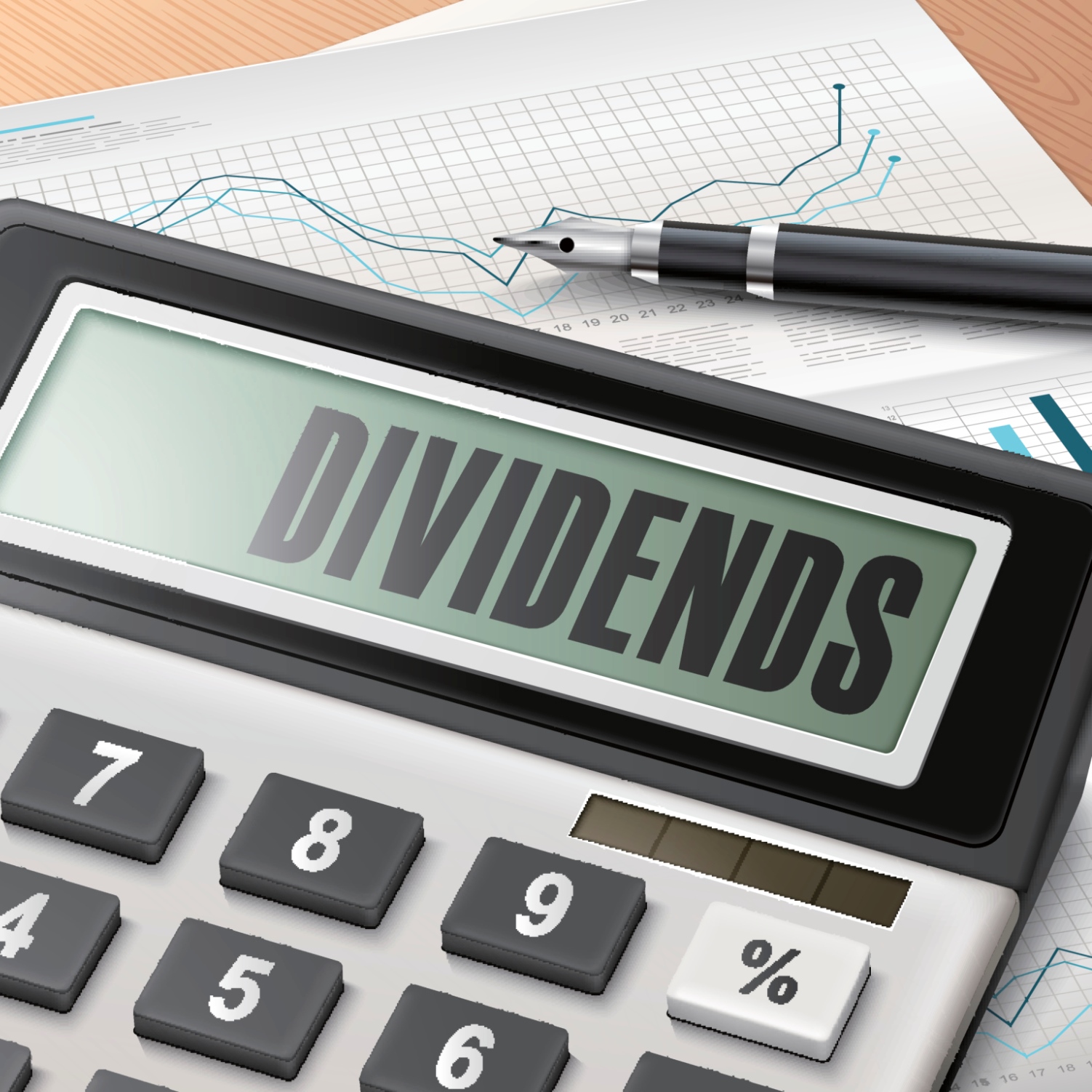I Sold My Rental Property to Invest in JEPQ – Here’s Why I Made This Bold Move
Some covered call ETFs (Exchange Traded Funds) certainly pack a massive punch when it comes to yield. And while they may be perceived by some as making early retirement more achievable, I would encourage investors to be fully aware of the extent of the risks associated with relying on a sky-high yield, one that may […] The post I Sold My Rental Property to Invest in JEPQ – Here’s Why I Made This Bold Move appeared first on 24/7 Wall St..
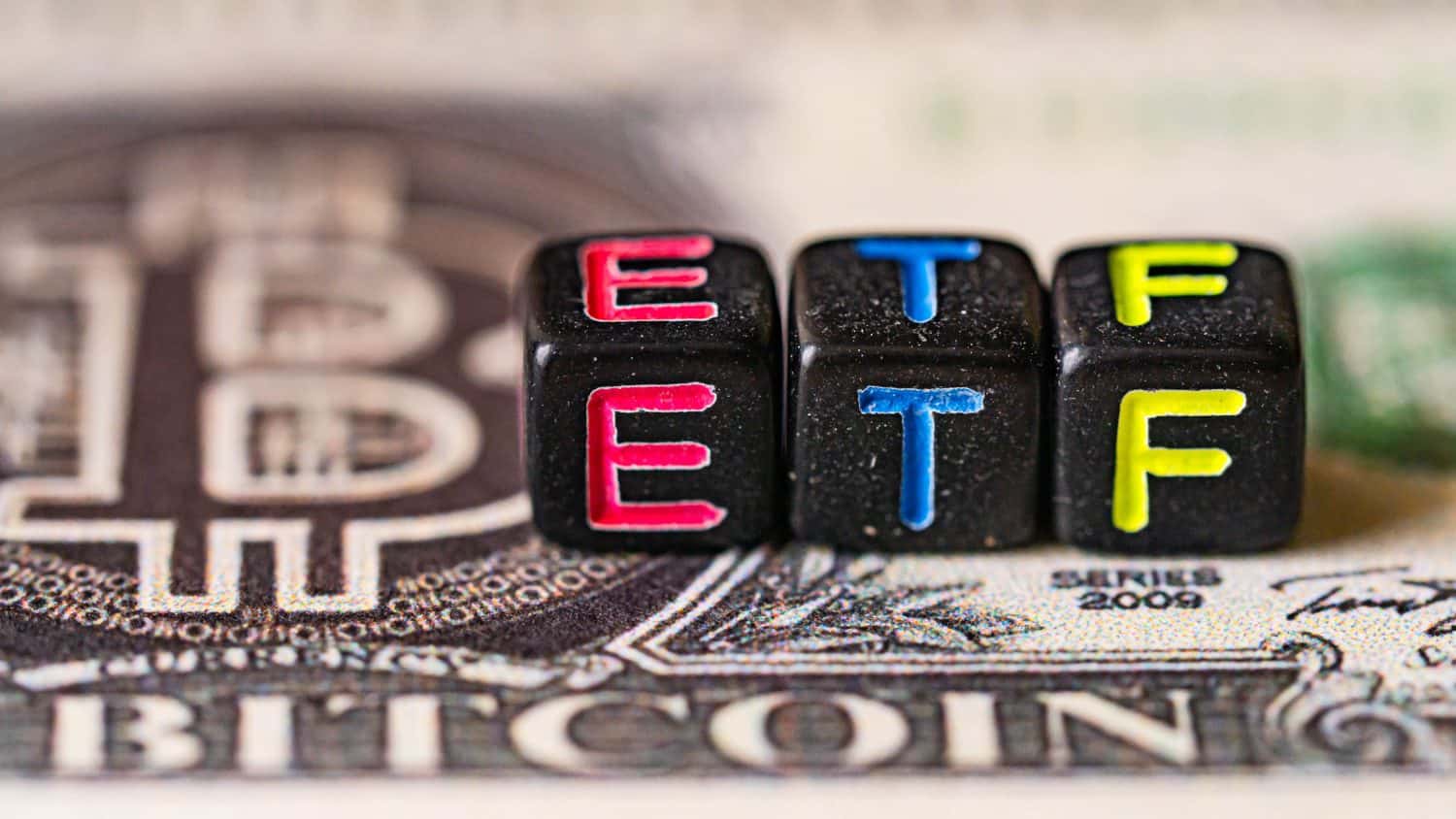
Some covered call ETFs (Exchange Traded Funds) certainly pack a massive punch when it comes to yield. And while they may be perceived by some as making early retirement more achievable, I would encourage investors to be fully aware of the extent of the risks associated with relying on a sky-high yield, one that may not stay high for the long haul. Also, understanding the inner workings of such specialty income ETFs is a must before investing even a limited sum, let alone a significant sum.
I think covered call ETFs are great for passive income investors who want to give themselves a raise without having to risk their shirt on a single stock or REIT (Real Estate Investment Trust) that’s distressed enough to boast a yield that’s in the high single-digit or double-digit range.
Indeed, as the yield goes up, so too does the level of risk and uncertainty. But that isn’t always the case when it comes to covered call ETFs, which may be viewed by some as less risky than their lower-yielding counterparts that don’t leverage a covered call strategy on top of owning shares of the companies underneath the hood.
Key Points
-
The JEPQ is a yield powerhouse and this Reddit user likes the security more than a rental property.
-
Are you ahead, or behind on retirement? SmartAsset’s free tool can match you with a financial advisor in minutes to help you answer that today. Each advisor has been carefully vetted, and must act in your best interests. Don’t waste another minute; get started by clicking here.(Sponsor)
Covered call ETFs have been all the rage of late. Are they a good bet?
Could it really be that investors could have more yield without more downside risk? The extra income certainly does not come for free. And while covered calls aren’t necessarily putting one in the blast zone come the next market-wide meltdown, they do stand to limit upside. And if you’re thinking we’re on the cusp of a massive, long-lived AI-driven bull market, the trade-off won’t be worth the while.
Of course, if you’re already overexposed to stocks, as many everyday investors tend to be, adding covered call ETFs into your portfolio can be a wise move, especially if a bear market or “lost decade” of returns stands to be suffered by an S&P 500 that’s still on the pricier side. Now, a pricier stock market doesn’t necessarily entail meager returns for the next 10 or even 20 years. Perhaps the AI-driven productivity benefits could make up for the heftier market valuations.
In any case, it would be wise to be prepared for anything in a pricier environment. And, of course, that includes getting ready for a bear market, when upside is scarce. Such an environment could make covered call ETFs more than worth the price of admission.
Further, it’s not just bear markets where covered call ETFs can shine, but also range-bound markets that consolidate for lengthy periods of time. If such a sideways market were to be incredibly volatile, covered call ETFs, like the JPMorgan Nasdaq Equity Premium Income ETF (NASDAQ:JEPQ), which yields 11.23%, could really shine. More market volatility means more income (calls are worth more when the times are choppier) generated by JEPQ and similar covered call ETFs.
This Reddit user ditched their rental property to place a big bet on the JEPQ.
This Reddit user, who dumped their rental property for a big bet in the JEPQ, made a bold move. Why the drastic move?
More income. They’re getting a yield that’s nearly 200% larger than they would have with a 4%-yielding rental property. And while the JEPQ’s yield will fluctuate on any given year based on factors like the performance of the Nasdaq 100 and volatility levels, the yield potential is definitely a top reason to go for a covered call ETF over being a landlord. Of course, one must have the stomach to ride out the volatile moves in the JEPQ shares themselves. For most long-term thinkers, the income flowing in tends to be well worth staying aboard the choppier ride.
Apart from the income potential, the JEPQ (the same could be said for any security with a hefty yield) is just a simpler, better investment for hands-off folks who can’t be bothered to put in the extra work required of landlords. Finding tenants, chasing them for rent, fixing broken pipes, and all the sort can be a real pain.
The bottom line
There are ways to get the same amount of income from the market. The only major difference is whether day-to-day fluctuations in market value will get to someone who would have otherwise not checked the value of their property all too often. If our Reddit user is comfortable with the share price and yield volatility, I say their bold move could be one that pays off in the long haul.
Of course, if growth and capital appreciation in a bull market is a priority, a traditional Nasdaq 100 ETF could be a better bet on the front of total returns. In any case, our Reddit user is all about the income, and the JEPQ is a very fascinating choice that I think has a good chance of working out better than the rental property.
The post I Sold My Rental Property to Invest in JEPQ – Here’s Why I Made This Bold Move appeared first on 24/7 Wall St..






